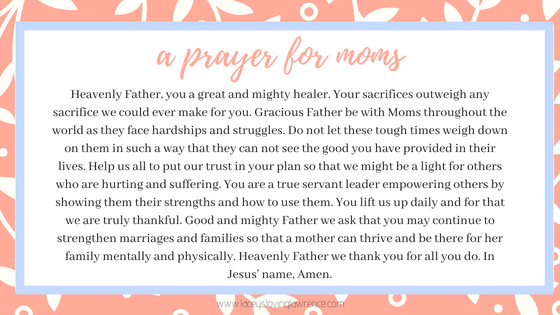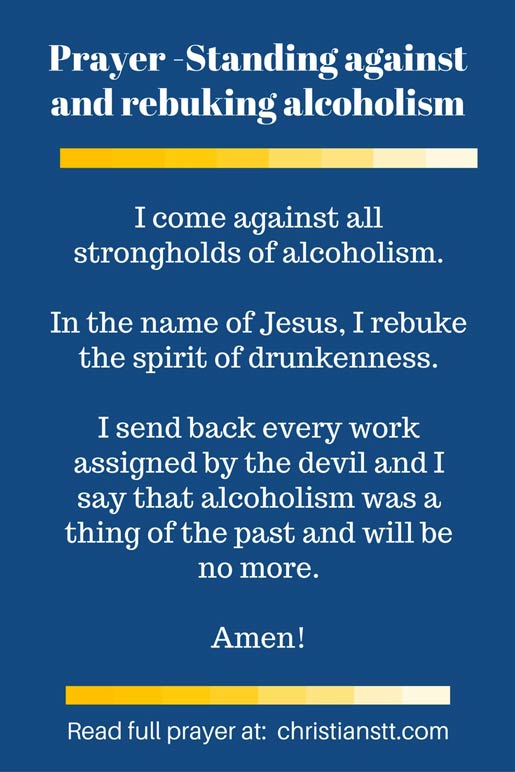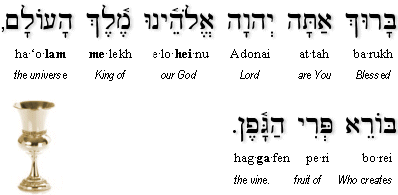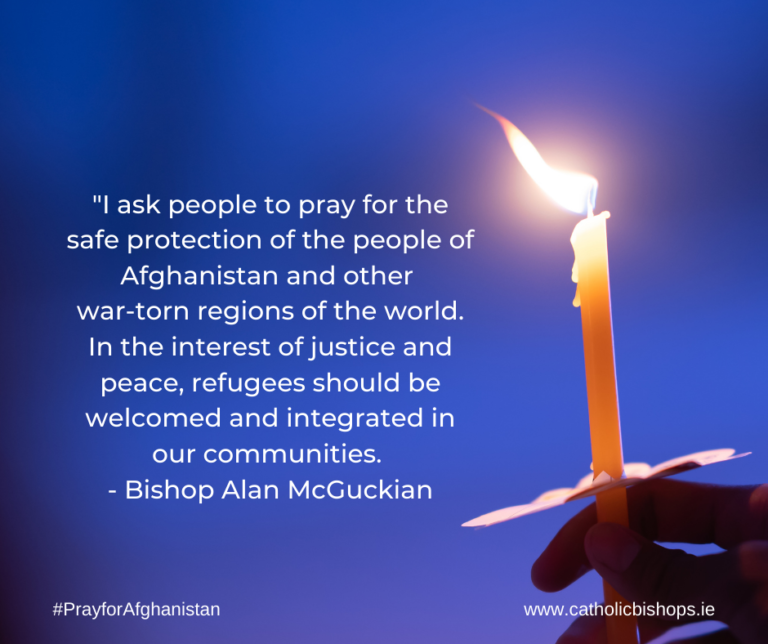Postpartum depression is a real thing and it’s something that should not be taken lightly. It can be debilitating, not just for the mother herself, but also for her partner, family and friends. There is no single ‘cure’ for postpartum depression, but there are many things that you can do to help. In this blog post, we will explore some of the best ways to pray for someone who may be struggling with postpartum depression. We hope that you find these prayers helpful as you continue to support your loved one through this tough time.
What is Postpartum Depression?
Postpartum Depression is a serious mental illness that affects new mothers after they give birth. Symptoms can include feelings of sadness, emptiness, and hopelessness. Postpartum Depression can last for weeks or months and can be very disabling. Treatment includes medication and therapy. Prayer can be a powerful tool for healing postpartum depression.
Symptoms of Postpartum Depression
When a woman experiences postpartum depression, it can be a very difficult time. Symptoms can include feeling tired all the time, having trouble concentrating, overeating or losing weight, lack of motivation and interest in activities you once enjoyed, feelings of guilt and sadness, and difficulty sleeping. If you are experiencing any of these symptoms, it is important to reach out for help. There are many resources available to help women who are struggling with postpartum depression.
One of the best ways to get started is to talk to your doctor. He or she may be able to refer you to a therapist or other resources that can help you feel better. You may also want to consider talking about your depression with friends or family members. It can be helpful to have someone else who understands what you’re going through.
If you find that talking therapy isn’t working for you or if medication isn’t an option for you, there are other ways that you can help yourself feel better. One option is exercise. Even 20 minutes a day of moderate exercise can improve your mood and energy levels. Additionally, taking care of yourself physically helps reduce stresslevels and improves your overall sense of well-being. Eating healthy foods and getting enough sleep are also important parts of taking care of yourself during this time period.
How to Deal With Postpartum Depression
If you are experiencing postpartum depression, it can be a very tough time. There is no one-size-fits-all answer to how to deal with this condition, as each woman reacts differently to postpartum depression. However, there are some general steps that may help:
•talk about your feelings with your family and friends •seek professional help if you feel like you can’t cope •avoid self-judgement •stay positive and take care of yourself physically and emotionally
Prayer for Postpartum Depression
Prayer can be a powerful tool to help during the postpartum period. While it is not always easy to find words to express how we’re feeling, prayer can provide support and comfort.
There are many types of prayer that can be helpful for postpartum depression. Some popular prayers include gratitude prayers, prayers for strength and healing, and requests for guidance and protection. It’s important to find what works best for you and to commit to praying regularly.
Asking for help from above can be extremely beneficial during this time. Connecting with a higher power can give you strength and hope in times of darkness. Praying with others who are also going through a difficult time can provide even more support.
No matter what type of prayer you choose, remember that it is important to talk about your feelings with someone else as well.Talking openly about our struggles is one of the best ways to overcome them.”
The Power of Prayer to Heal
Prayer can be a powerful tool for healing in both personal and public settings. Prayer can help individuals connect with their own spiritual resources, as well as those of others. In times of crisis or pain, prayer can provide a source of support and comfort.
There is also evidence that prayer may have beneficial effects on physical health. Research has shown that people who pray are more likely to report being in good health than those who do not pray. Prayer may increase immunity levels, reduce the risk of heart disease, and improve mental health outcomes including reducing anxiety and depression symptoms.
One important aspect of prayerful healing is the acknowledgement that we are all imperfect human beings. No one person or institution has all the answers to our problems. We need to allow ourselves to be vulnerable, open ourselves up to divine guidance and Healing Power, and trust that things will work out in the end.
Signs that You or Your Partner Are Suffering from Depression postpartum
If you are feeling down after giving birth, there may be signs that you or your partner are suffering from postpartum depression.
The most common symptoms of postpartum depression are a decrease in mood and energy, difficulty concentrating, changes in sleep patterns, increased appetite and weight gain, significant loss of interest in activities once enjoyed, and feelings of hopelessness.
If you’re experiencing any of these symptoms for more than two weeks, it’s time to talk to your doctor about the possibility of postpartum depression. You may also want to consult with a therapist or support group to help get through this difficult time.
How to Pray for Postpartum Depression
Postpartum depression (PPD) is a serious mental health condition that affects new mothers after childbirth. It can be very disabling and difficult to treat, but there are many ways to pray for help.
Prayer can offer comfort, strength, and guidance during this difficult time. When you pray for someone who is suffering from PPD, be patient, understanding, and compassionate. Refer to the following tips for specific types of prayer when praying for someone with PPD:
• Prayers of consolation offer hope and healing in the midst of struggle. Ask God to give you patience and understanding while your loved one suffers.
• Prayers of healing focus on restoring wholeness both emotionally and physically. Thank God for His love and strength as you encourage your loved one to seek professional help.
• Prayers of protection guard against feelings of helplessness and vulnerability. Thank God for His divine providence during this time and ask Him to keep you safe and protected from harm.
Prayer is an incredibly powerful tool and can be a vital support system during times of pain and turmoil. Prayer can help to ease the burdens of childbirth, depression after giving birth, and other challenges you may face as a new mother or father. Seeking out pastoral counseling or group prayer services may be a good first step if you are struggling with postpartum depression, but remember that prayer is ultimately up to you. If you find comfort in prayer, then go for it! But don’t feel limited if praying doesn’t seem to provide the relief that you’re seeking. There are many resources available to help mothers during this time of transition.






